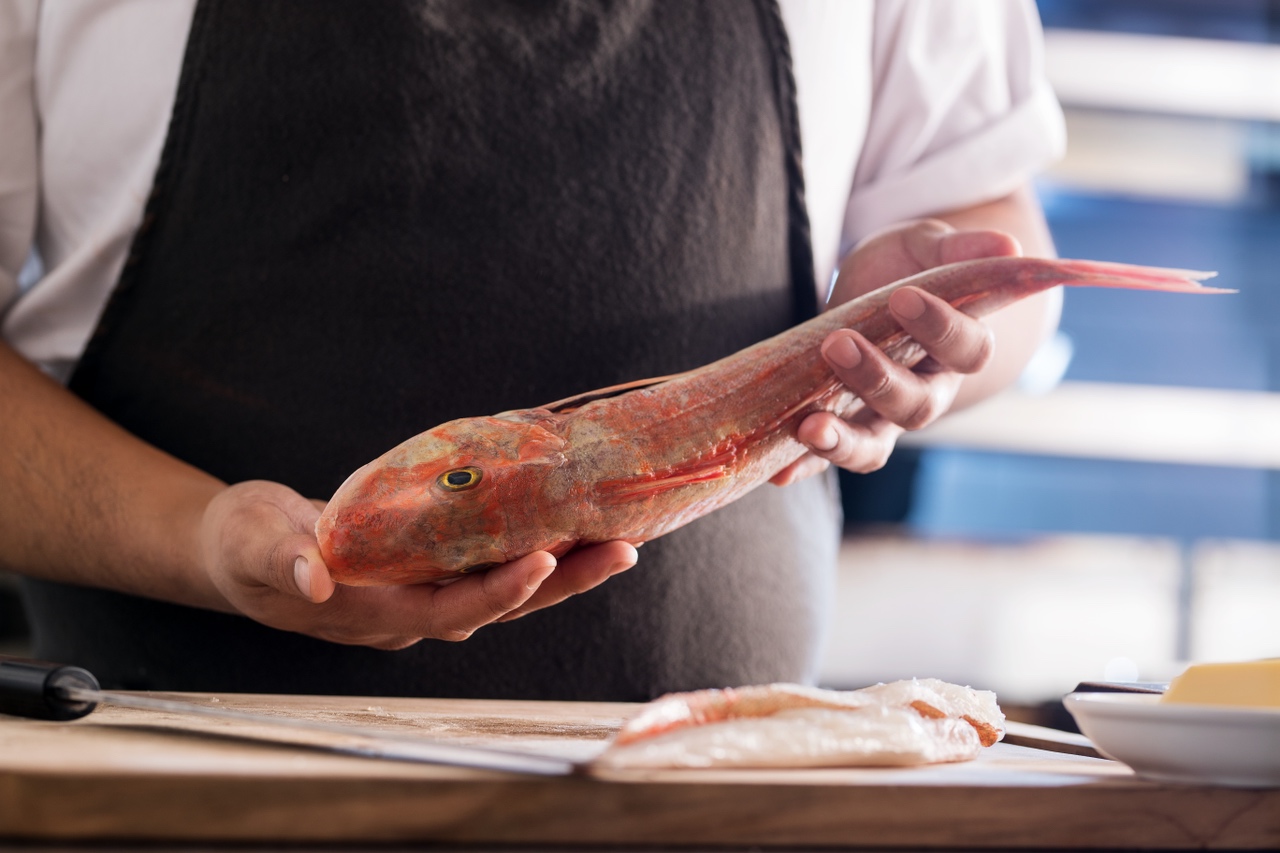Why Fresher isn't Always Better
31st May 2018
Hong Kongers are renowned for their love of seafood. We have the highest per capita consumption in the world. And due to our location, there's an abundance of choice from all around the globe: Europe, the Americas and of course the Pacific.
Thanks to HKIA’s status as a premier hub for air freight, we’re able to enjoy fish that’s been out of the water only a day or two, even when it’s travelled across continents. From Japan, there are even daily flights to ensure a constant supply of fresh product. Fresh fish every day? It can’t get better than that, surely!
Actually, it can.
One of the commonly held beliefs about seafood is that it’s best eaten at its freshest. However, it’s just not true. For the moment, let’s set aside the arguments about the environmental effects of aviation (which is a whole different conversation), and concentrate on the question of quality.
Granted, the fresher-is-better principle does hold in some cases. Live oysters, for instance. However, for fin fish, there are several arguments against consuming it straight away. Freshly caught fish can be too soft or mushy, whereas if it’s cooked later (typically a day or two after catching), the texture can be pleasantly firmer.
Secondly, flavour actually develops over time due to enzyme action. The principle is similar to why ageing beef results in much tastier meat. The length of time for fish to reach the best flavour depends upon the species, but tuna for example can take days or even weeks. So on the next visit to your favourite sushi restaurant, remember that the fish is probably several days old. And that’s a good thing.
Even choosing live fish from a specialist seafood restaurant might not be the best idea. Because virtually all of Hong Kong seafood is imported, those fish swimming around in the tanks had to travel a long way. Add in the fact that they are out of their natural environment and the equation points to a less-than-ideal eating experience.
With this newfound knowledge, you’ll be able to ask the right questions of your waiter or fishmonger when choosing seafood to enjoy it at its best. Bon appétit!

